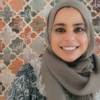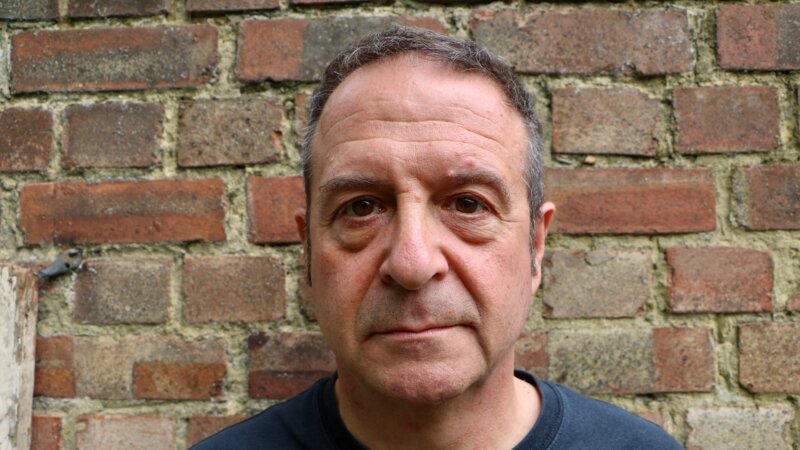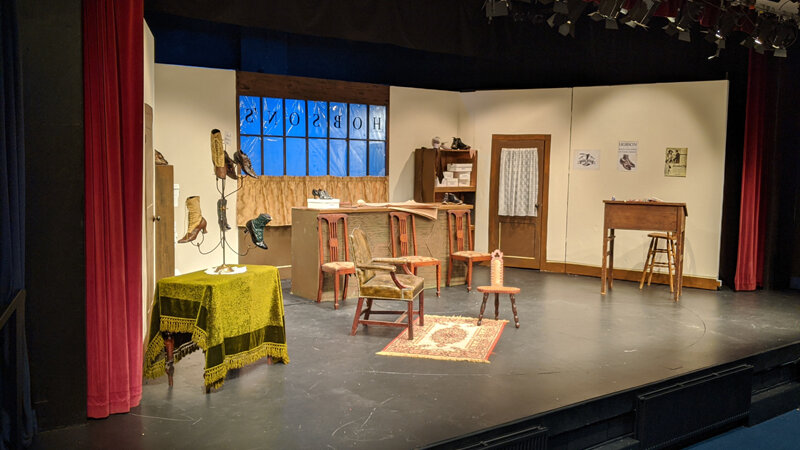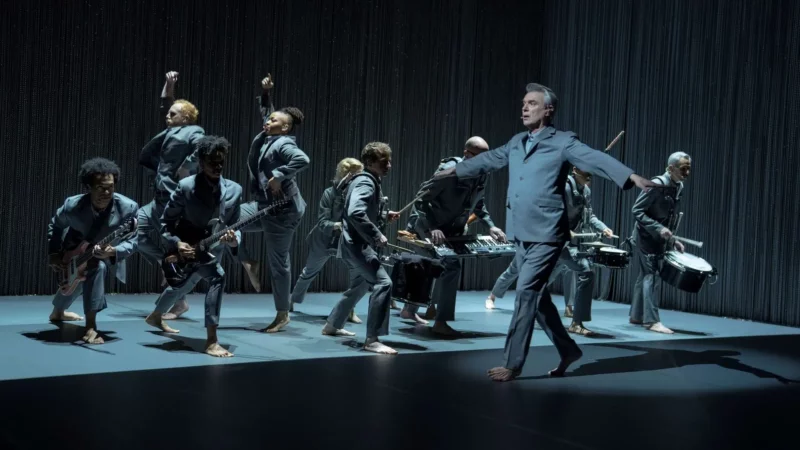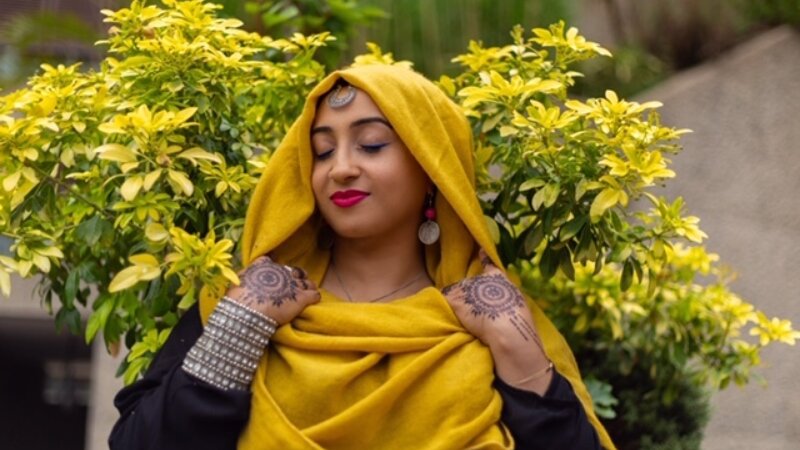Naomi Sumner Chan Adopted Voices
Naomi answered our questions on the writing and research process for her latest production Same Same Different and the complex themes that emerge from adoption.
Naomi Sumner Chan’s scriptwriting for the stage since 2013 has seen her working with venues like Oldham Coliseum and festivals like 24:7. Her latest production, Same Same Different, gives Naomi the opportunity to tread familiar ground by recalling personal experiences of growing up as a trans-racial adoptee, while extending her knowledge and appreciation of others’ experiences from similar upbringings.
Naomi answered our questions on the writing and research process for Same Same Different and the complex themes that emerge from adoption.
I am excited to see Same Same Different come to the North in May. The title itself intrigues me. Can you tell me more about how you decided on the title?
The play explores the similarities adoptees feel they share with both their adoptive families and their biological families, as well as the ways they feel they are different. We’re looking at the familiar question of nature versus nurture, but from an adoptee’s perspective. The phrase ‘Same Same Different’ is also a bit of a stereotype phrase associated with East Asian countries, so is a cheeky nod to my ethnic background.
Can you share with us more about why this is an important story to tell? Why did you want to write about this topic?
I think adoption stories are often dominated by the voices of adoptive parents talking about the process of adoption or another common story is the adoptee searching for their birth family and being (happily) reunited – think Long Lost Family. We don’t often look at what happens after the ‘happy ending’ of adoption and a child going home to their ‘forever family’, but this play looks at what it’s like to grow up in a family and community who don’t look like you. Adopted children and adults are able to share their stories in their own words – the focus is firmly on the adoptee’s voice.
Can you tell us more about your creative experiences before writing this play?
I have a performing arts degree from The Liverpool Institute of Performing Arts and my background is working in community and participatory theatre. Previously I’ve worked at Oldham Coliseum Theatre and The Lawrence Batley Theatre in Huddersfield in their Education and Engagement departments. In 2013, I began writing for the stage and have had work performed at Oldham Coliseum, Theatre 503, Manchester 24:7 Theatre Festival and the Arcola. In 2017, I took part in The National Theatre’s Step Change programme to transition from working in Participation to New Work and Literary Management. I now feel confident enough to call myself a playwright and dramaturg and run a new writing company, Brush Stroke Order, which supports emerging playwrights offering a script reading service, mentoring and workshops.
The play is partly autobiographical, am I right? What did you also need to research to help you create this play?
That’s right. It’s inspired by my own experiences and even includes sections of an interview I did with my Mum and Dad.
However, I also interviewed adopted children and adults aged 7 to 45, sometimes alongside their families as well as giving people the opportunity to complete an anonymous online survey. The play features the stories of over 20 different people living all over the world.
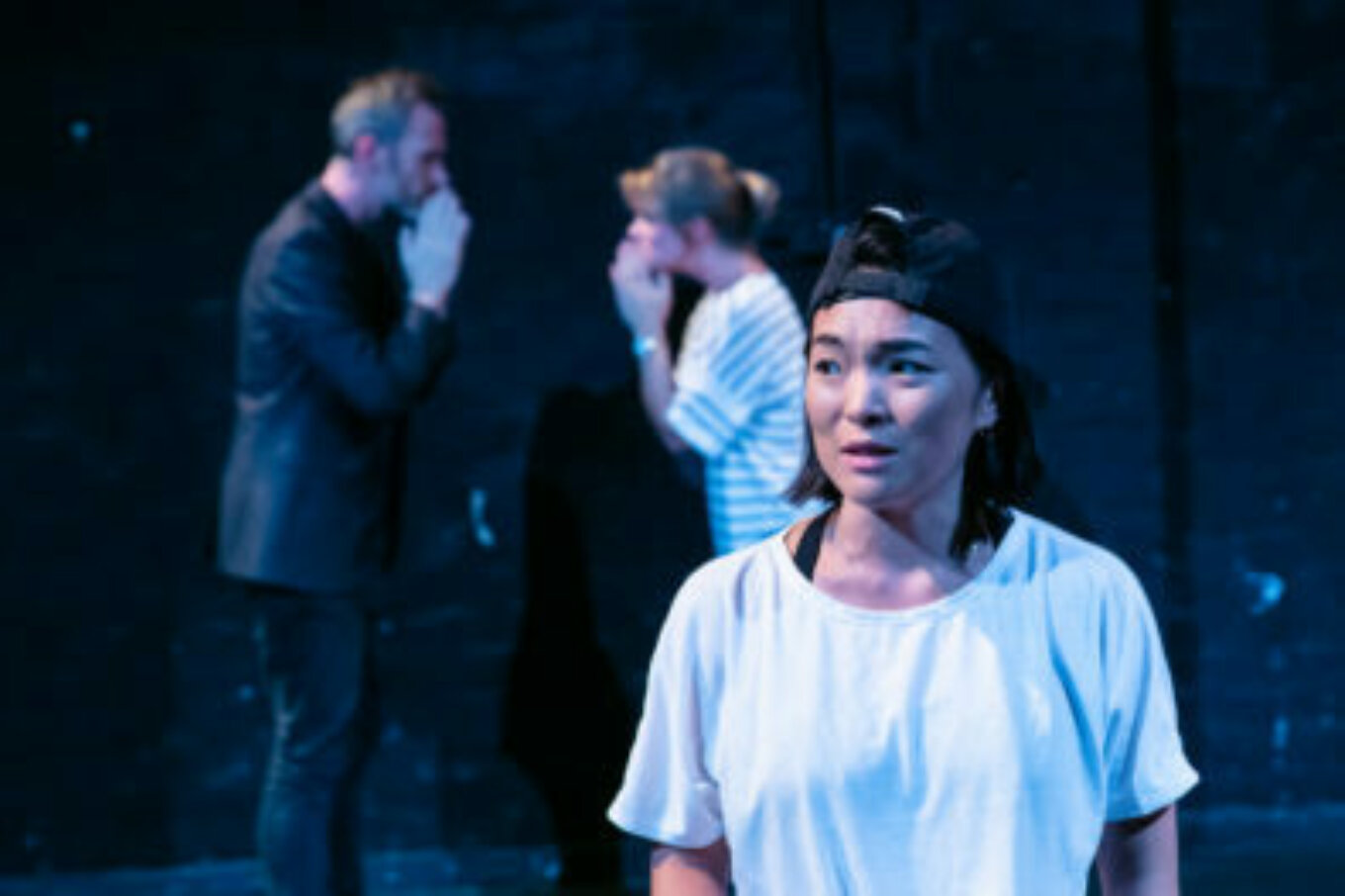
Same Same Different theatre production
Shaun ConwayHow did you negotiate your own life story with writing the play?
When I first started researching and writing this play I never intended my story to be in it. It was meant to be about other people, not me, as I didn’t want to appear narcissistic or self-indulgent. However, when I started working with my dramaturg, Philip Osment, he said that it might be useful to have Naomi appear in the play as a character to act as a narrator and guide the audience through the research. Little by little, he coaxed me into including some of my story and interviewing my family members – something I strongly resisted to begin with.
However, the idea for the play started from me feeling very different from my family and the people around me – and the play includes moments where I talk about experiencing racism and exclusion. However, it also shows how I may be more like my family than I think or would like to admit.
What is your opinion of the rise of celebrity adoptions in recent years?
I think celebrity adoptions such as people like Madonna and Angelina who adopt lots of children from different countries highlight the problems associated with international adoption. It shows how it is an industry where a lot of money changes hand, so is vulnerable to corruption and also that some of the children placed for adoption are not actually orphans, even though they are presented as such.
While the celebrities and other adoptive parents probably have the best of intentions, there is the problem of the ‘white saviour’ complex, where adoption is seen as the best way of helping children in developing nations, rather than pushing for structural change. It’s complex though. As one parent said to me, “You can’t just fix Africa. How many children’s lives are you going to sacrifice waiting for structural change?”
Without giving away spoilers, what are the key points or questions you want audiences to take away, to ponder over?
I’m hoping this play means audiences will have the opportunity to view adoption from a different perspective and really listen to adoptee voices.
Hopefully it presents an honest view of adoption that shows some of the complex emotions involved and makes them reconsider whether adoption is always overwhelmingly a solely positive thing or a necessary evil?
We’re looking at the age-old question of nature versus nurture through the lens of adoption. The key question is, “What makes you, YOU?”
If you tweeted about #SameSameDifferent in 140 characters, what would you tell us about it?
A new play abt adoption & identity sharing the stories of adoptees from all over the world in their own words.


